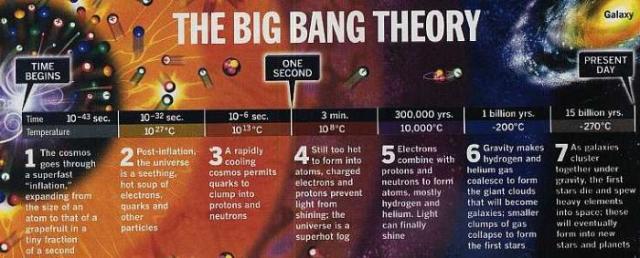Cosmos
The world Cosmos is described as the universe we are all in, regarded as an orderly, harmonious whole.
The cosmological argument is an argument for the existence of a First Cause to the universe, and by extension is often used as an argument for the existence of an "supreme" being, usually then identified as God or Creator.
It is traditionally known as an argument from universal causation, an argument from first cause, the causal argument or the argument from existence. Whichever term is employed, there are three basic variants of the argument, each with subtle yet important distinctions: the arguments from in causality, in essentiality, in becoming, and the argument from contingency.
The basic premise of all of these is that something caused the Universe to exist, and this First Cause must be God. One version of the cosmological argument could be stated as follows:
- Every finite and contingent being has a cause.
- A causal loop cannot exist.
- A causal chain cannot be of infinite length.
- Therefore, a First Cause (or something that is not an effect) must exist.
According to the argument, the existence of the Universe requires an explanation, and the creation of the Universe by a First Cause, generally assumed to be God, is that explanation.

Following is another version (in light of the Big Bang Theory) of the argument:
- Whatever begins to exist has a cause.
- The Universe began to exist.
- Therefore, the Universe had a cause.
Updated On: 18.09.01
